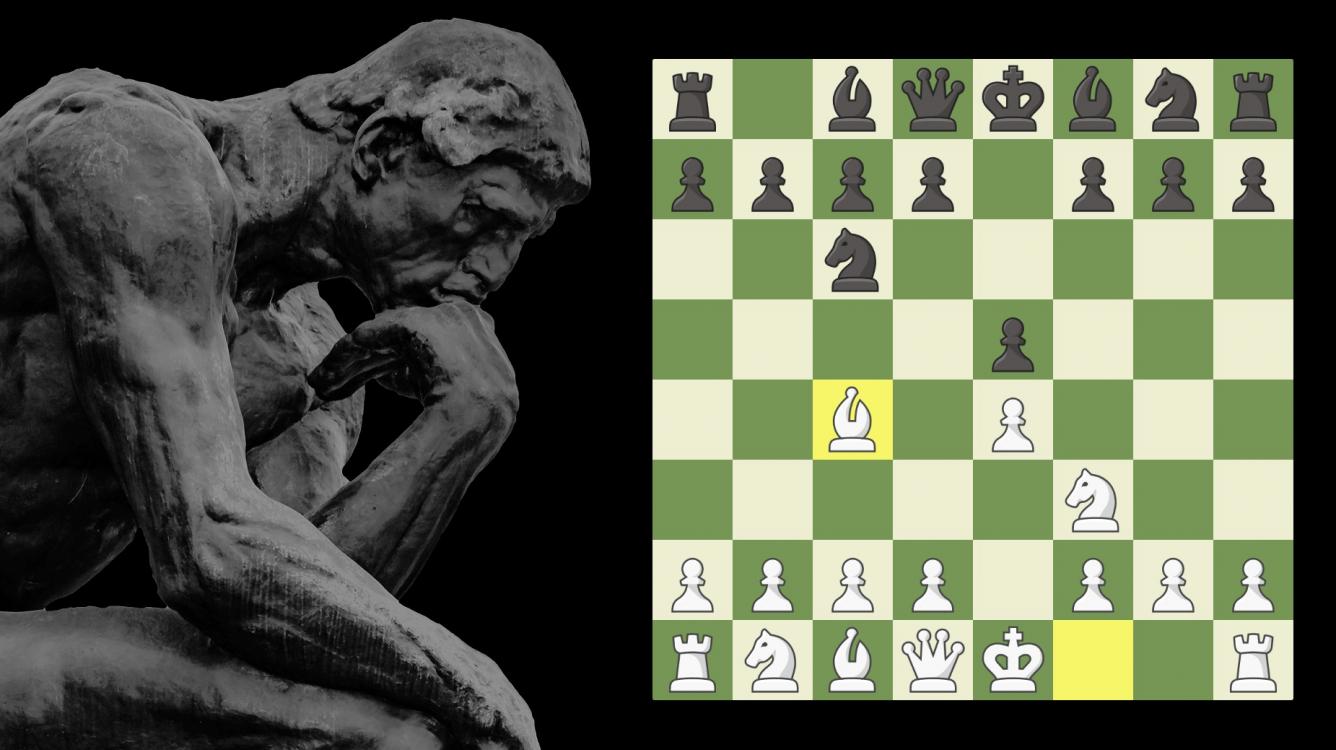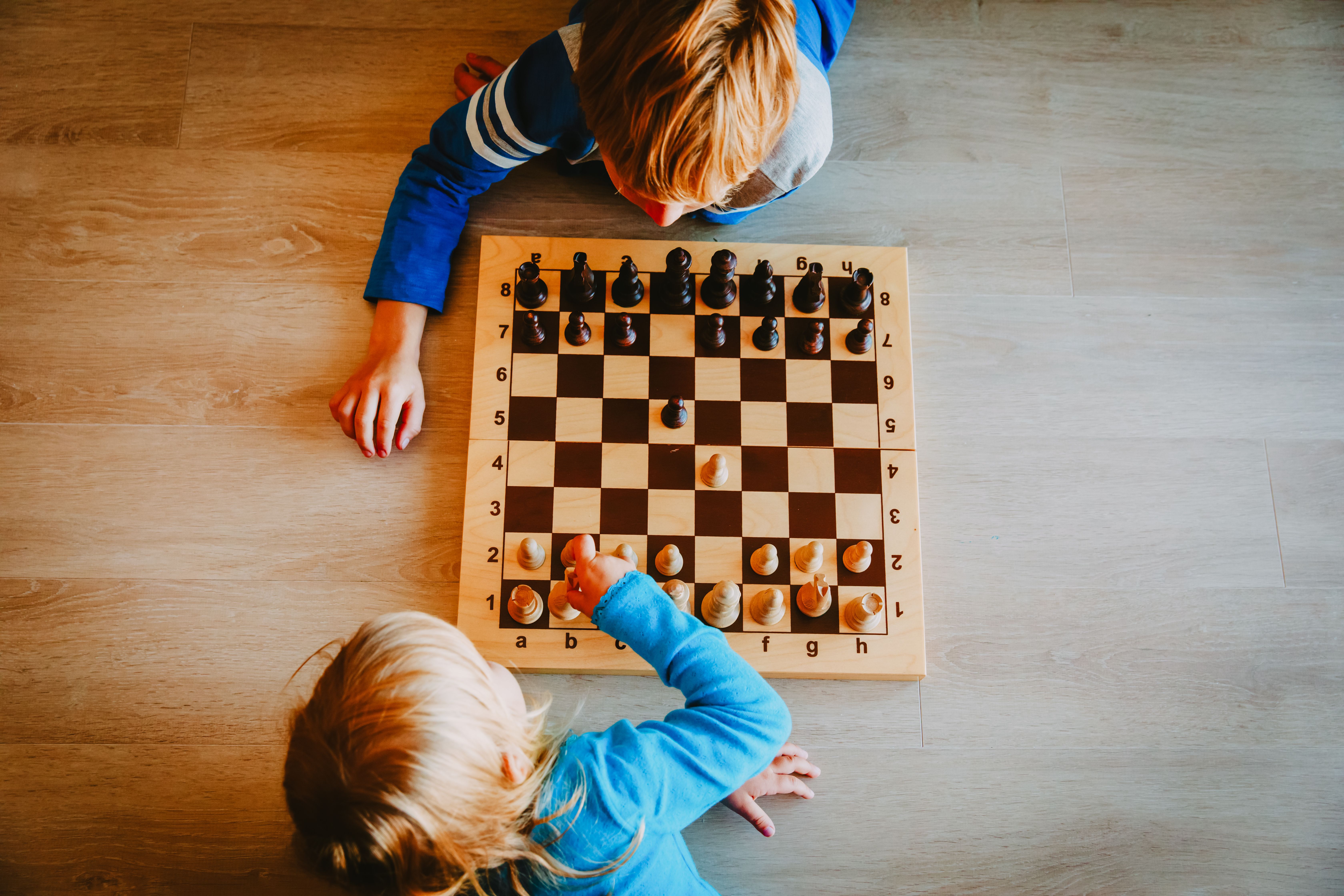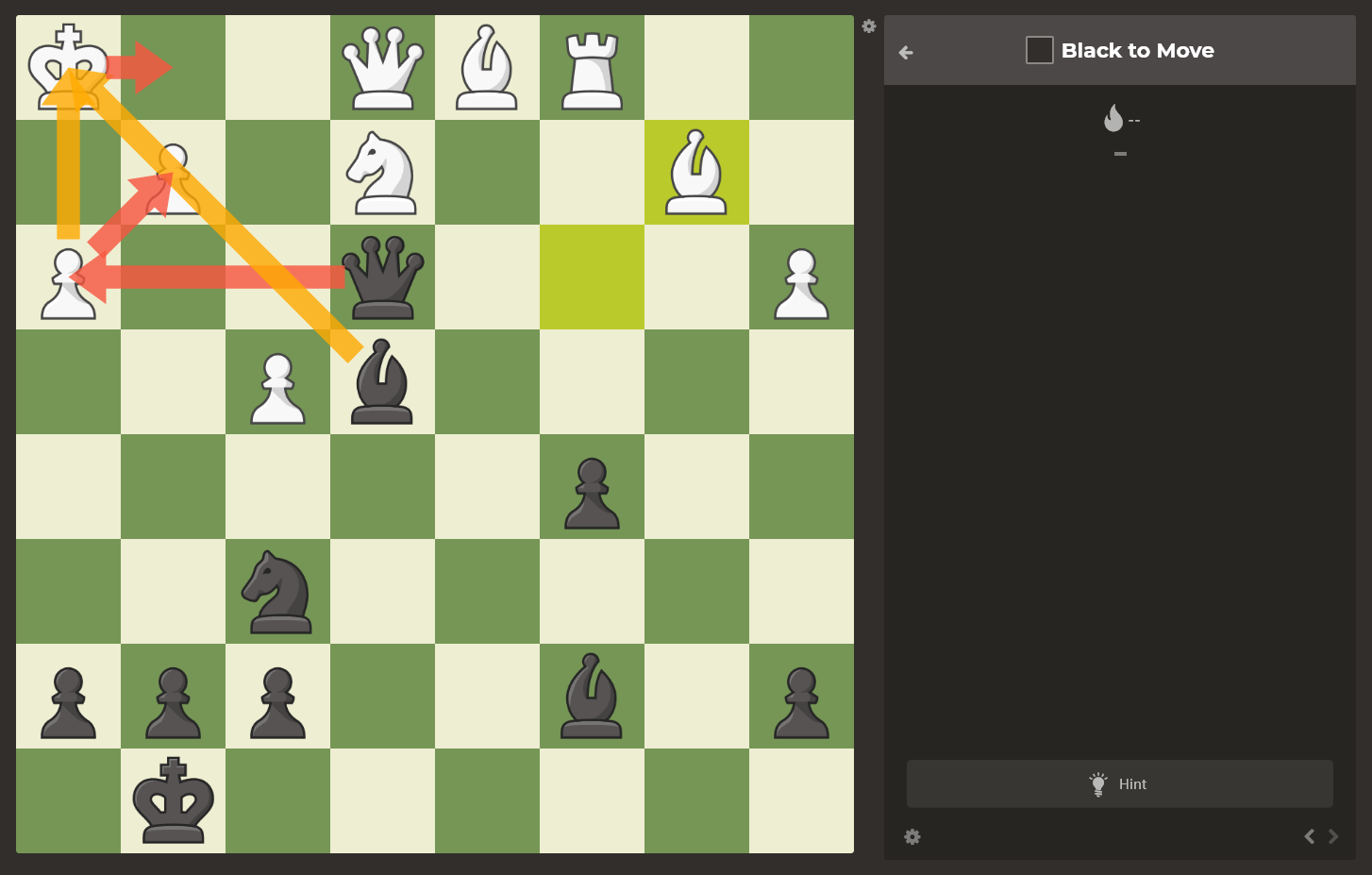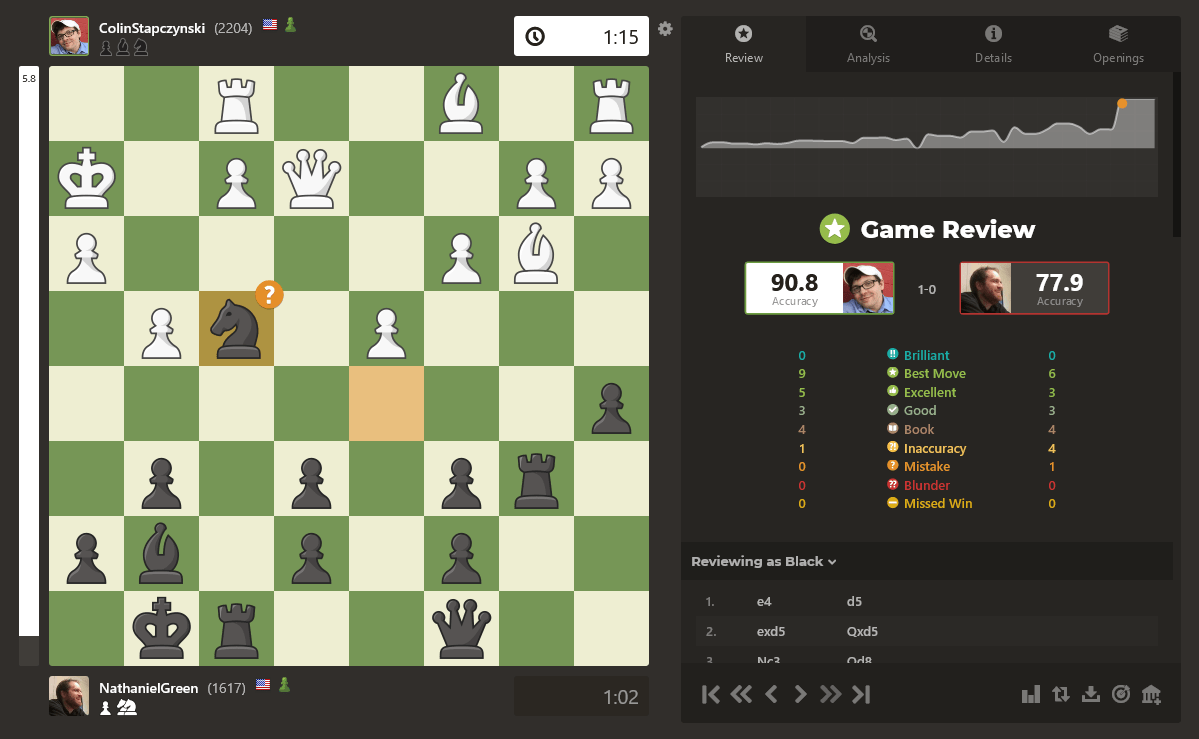
How Chess Can Actually Make You Smarter
Improve your IQ with this one simple trick: Chess!
Suffice to say that would overstate the case, but it's perfectly logical that a game about planning, patience, and patterns might help keep our minds sharp.
There is data to suggest that there is some connection, even if chess doesn't turn us all into Albert Einstein. Outlets like Brainscape and Healthline have explained some of the findings, but there's more to be said.
Planning
After tactics, planning is the most important part of successful chess. (And even tactics require planning, just not in the traditional chess sense of strategic plans.) And when both chess players and non-chess players were given the "Tower of London" planning test in a 2006 study, the chess players did better on the test.
 Who wouldn't like to be able to find the perfect plan for any situation? It's a dream in both life and chess, but you can always get better at it.
Who wouldn't like to be able to find the perfect plan for any situation? It's a dream in both life and chess, but you can always get better at it.
Creativity
If planning something and strictly sticking to it seems a bit rote to you, don't worry. Creativity is also the subject of some of the strongest conclusions about chess's effect on the brain. This 2017 study from India by Joseph et al is one example, which "conclude[d] that systematic chess training inculcates in the child the ability to think divergently and creatively."
 Accepted chess strategy has many rules, but knowing when to break them is one indication of a strong chess player, and that takes creativity instead of just accepting what you've been told before. You can take that creativity with you when it comes to the rest of your life.
Accepted chess strategy has many rules, but knowing when to break them is one indication of a strong chess player, and that takes creativity instead of just accepting what you've been told before. You can take that creativity with you when it comes to the rest of your life.
Memory
Recognizing something you've seen before is key to being good at chess. At the extremely basic level, there's how the pieces move, but the resulting interactions get complicated extremely quickly. Remembering the best opening moves and common patterns prevent you from having to reinvent the wheel in every position.
And it's not just those categories of memory that chess can help with. A 2015 Iranian study from Fattahi et al found that, "Auditory memory function in expert chess players was significantly better compared to non-chess players."
 Additionally, when it comes to protecting yourself from dementia, games like chess can help. This study said its "overall findings stress that chess could lead to prevention in non-diagnosed populations," although once the process has begun it appears to be too late. All the more reason to start now.
Additionally, when it comes to protecting yourself from dementia, games like chess can help. This study said its "overall findings stress that chess could lead to prevention in non-diagnosed populations," although once the process has begun it appears to be too late. All the more reason to start now.
Pattern Recognition
Some people it is true just have an innate talent for seeing patterns, whether they're a musical prodigy like Mozart or a chess prodigy like Capablanca. But everyone can start to recognize them if seen often enough, and not just in chess.

In chess, patterns are the foundation of tactics. As GM Hikaru Nakamura says to anyone who lands at Chess.com for the first time, "Puzzles are the best way to improve pattern recognition."
Active Learning and Deliberate Practice
It's not enough just to repeat something over and over again; you have to know what you're doing. This applies to chess. Whether analyzing your losses, or taking lessons with an interactive reinforcing quiz at the end, it takes an active process to improve at chess. This obviously applies more broadly, like a physical sport or playing a musical instrument.

And indeed studies like de Bruin et al in 2008 have found that "over chess players' careers, deliberate practice has a significant effect on performance." So get to it!
Conclusion
Chess players (you might suspect) agree that chess has benefits. Two of them spoke with the Wall Street Journal for their article here. GM Boris Gelfand stated that chess can help kids to "acquire the skill of strategic planning and the habit of thinking, taking responsibility for your actions and respecting your opponent."
Meanwhile, NM Bruce Pandolfini believes "playing chess fosters a long list of useful mental habits, such as drawing analogies and looking for patterns. Players, he says, become 'more philosophical in their approach to problems and life’s travails.' They also learn that regardless of their own feelings or desires, there is an objective reality to the game—and they learn the importance of seeing that reality from their opponent’s point of view, not just their own."
Chess and mental strength have been a subject of research interest for at least nearly a century at this point, and for good reason.




